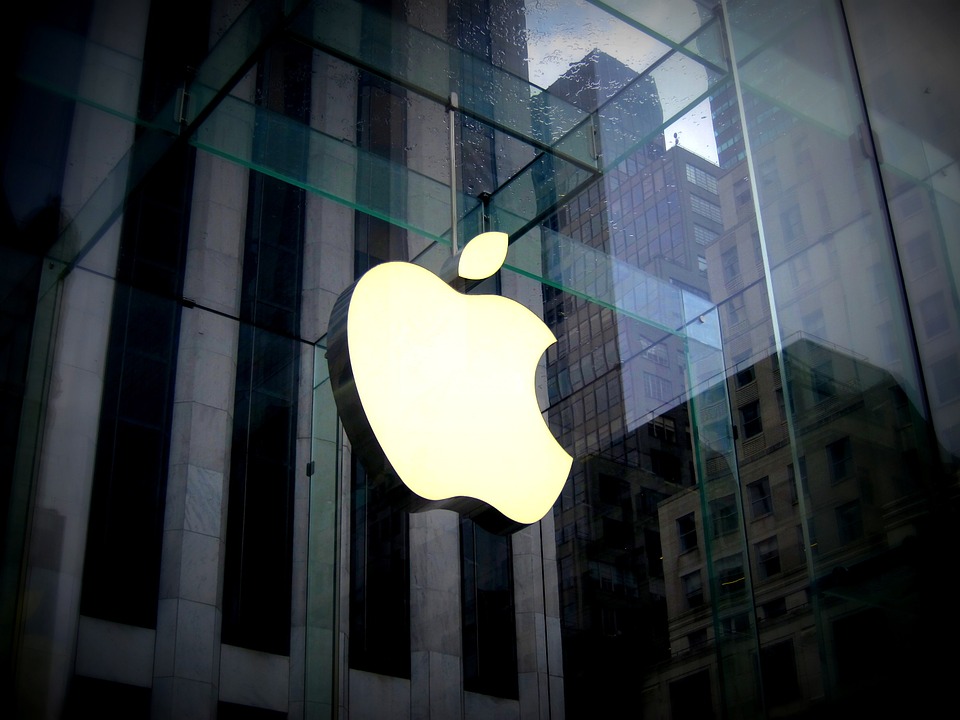“The United States government has demanded that Apple take an unprecedented step which threatens the security of our customers,” begins Apple Inc. CEO Tim Cook in a February 16th release titled “A Message to Our Customers.” In this 1,100-word message, he builds a case for why his company will fight the US District Court order compelling Apple to assist the FBI in the fulfillment of the search warrant issued on the iPhone recovered from the San Bernardino terrorist’s car. Here is why Apple should quit the publicity stunt and comply with the order.
The issue of government overreach in electronic surveillance has been at the forefront of news headlines since 2013. In numerous leaked documents, Edward Snowden—a former government contractor—revealed evidence of pervasive surveillance programs that targeted virtually everyone. It became apparent that the National Security Agency collected everyone’s text messages, emails, phone calls, and other forms of electronic communication in bulk, all on legally dubious grounds. In fact, a federal appeals court for the Second Circuit in New York ruled in May of last year that the NSA’s bulk phone collection program was illegal.
However, Apple’s attempts at drawing a connection between the NSA’s illegal activities, and the FBI’s legal request for help are downright foolish at best and dangerous at worst. The FBI and other government agencies serve subpoenas and requests for assistance in investigations routinely; contrary to what Apple would have you believe, this is not a special case save for the fact that it is a high-profile crime and that a piece of legislation as old as Georgetown is being invoked.
The All Writs Act of 1789 is a provision for federal courts to “issue all writs (read orders) necessary or appropriate in aid of their respective jurisdictions and agreeable to the usages and principles of law.” Think of it as a judicial catch-all where an issue can be ordered by a federal court when no law is applicable.
It speaks volumes about the legislative state of this country when a 227-year old law is being applied in things and matters that would have seemed like witchcraft to its authors. It is, however, what we will have to work with until a more viable solution presents itself.
Cook goes on to claim that “[the FBI] have asked [Apple] to build a backdoor to the iPhone,” yet not once is the word ‘backdoor’, or anything vaguely similar to it, mentioned in the actual court order. A software backdoor, in case you were wondering, means what it sounds like: a security defect purposefully introduced into the software by the programmers in order to have access to the users’ data at will. The court order did not require Apple to do this, and instead asked for three specific things: disabling the auto-erase function, disabling the 80-millisecond delay in-between passcode attempts, and creating electronic means of entering passcode attempts, all on only one iPhone. For this to be a backdoor, the FBI would have had to force Apple to load all iPhones with those functions.
The government is asking Apple to fulfill those requests by loading an essentially special version of iOS on that specific device and “coding it … with a unique identifier so that it would only load and execute on the SUBJECT DEVICE,” (capitalization in source). In fact, the order even allows for Apple to carry out the tasks in its own facilities, and only provide the data on the phone to the FBI through remote access. That way, the special software that gets loaded on the phone stays with Apple (and can be destroyed thereafter), and the FBI agents can just access the files on the phone through a computer screen in their offices while munching on donuts. That seems like a workable balance.
Apple’s reservations on precedent are valid; the invocation of a law as old as the French Revolution is unnerving; and comprehensive and sensible legislation regarding these issues should have come into play yesterday. However, in this specific case regarding this specific iPhone, I am afraid Apple has misplaced its good intentions. The provisions of this order are lax enough to allow for Apple to maintain the security of the devices it ships, and for the FBI to carry out its mandate.





